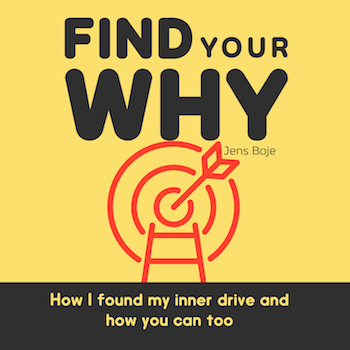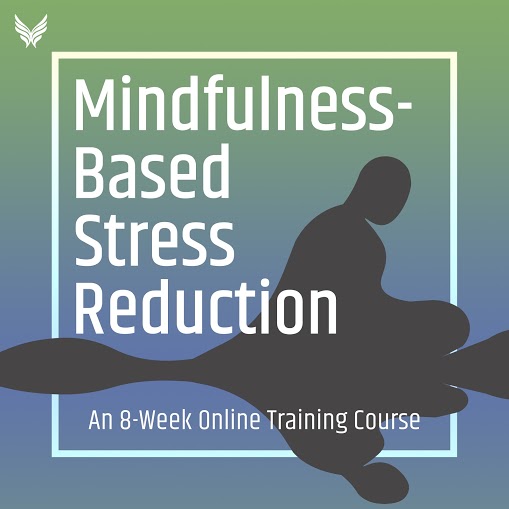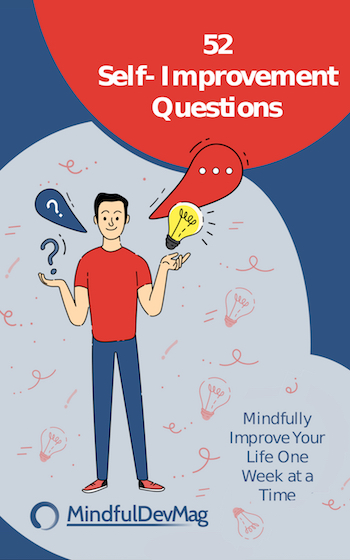Why Be Yourself Is Bullshit
Yeah, we all love these statements:
I am who I am
I am like that as long as I can remember
Be Yourself
Is all nice and fine BUT comes with a dangerous fallacy. The assumption that we are fixed, our mind is fixed, and thus change is impossible.
That’s not true.
Our minds can change. So we can change.
In the center of ourselves is our brain. And it is a mysterious beast that can be a powerful helper or an evil villain destroying our life.
However, what role it plays depends on us and what we allow it to do. But that’s not the point for today.
Common wisdom believes that the brain does not change once we reached adulthood. Thus it makes it extremely hard for people to change their lives.
But it’s far from the truth. There is something called neuroplasticity. In layman terms, it means that our brain adapts to what we use it for. Our whole life long!
It also means that the brain is not fixed. It will grow and shrink, depending on how we use it. We are not limited by it; for example, we can still learn new languages beyond being 80 years old.
The only precondition for that is, we have to use it. And we do so, without knowing or by intention.
But before we follow that path, let’s take a brief look at the brain.
Our brain is made up of Neurons. They are the basic cells in our brain and transport information, from and to the central nervous system, inside the brain, and so on.
When we learn something new, a connection is created between some neurons.
The more we use this connection now, the stronger it gets. It’s like building a road out in the bushes. First, there’s just bushland, and we have to find a way through it.
But the more often we use the same connection, a path is created. And the more we use it, the bigger it gets until it’s suddenly a highway.
From a neuroscience point, it does not matter what kind of information it is. It can be riding a bike or snapping at someone because you got upset.
For example, when we learned to ride a bike, Neurons were connected for sitting on the bike, keeping balance, moving the pedals in the right order, and so on. All those tiny, meticulous tasks are neuron connections.
Same goes for other things like your anger management. If you get easily upset, it’s because you have trained your neurons to go that route as soon as a trigger appears.
The good thing is:
Our brains can change, and we can learn to change ourselves.
That’s the most important takeaways for you from today’s email.
This. And it is so essential that I am going to repeat myself.
Your brain can change, and thus you can change.
You don’t have to be the person you are right now, which you maybe don’t even want to be. No, you can change yourself and become a version you actually like.
You can become the person you want to be.
I am not going to sugarcoat it… This can be a hard journey… But it is worth it. Ask anybody who’s gone that road, and they will tell you that it was worth it.
Picture yourself a year from now. How do you want that person to be? Make it as vivid as you can.
Once you got that, start believing you can reach it. Tell yourself you can change to that person. Because you can.
In my next email, I’ll talk about why you are not your thoughts, why your brain is like a tiny puppy, and how that fucks up your life. Watch out for my email next Tuesday.







